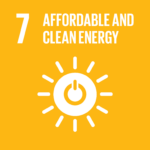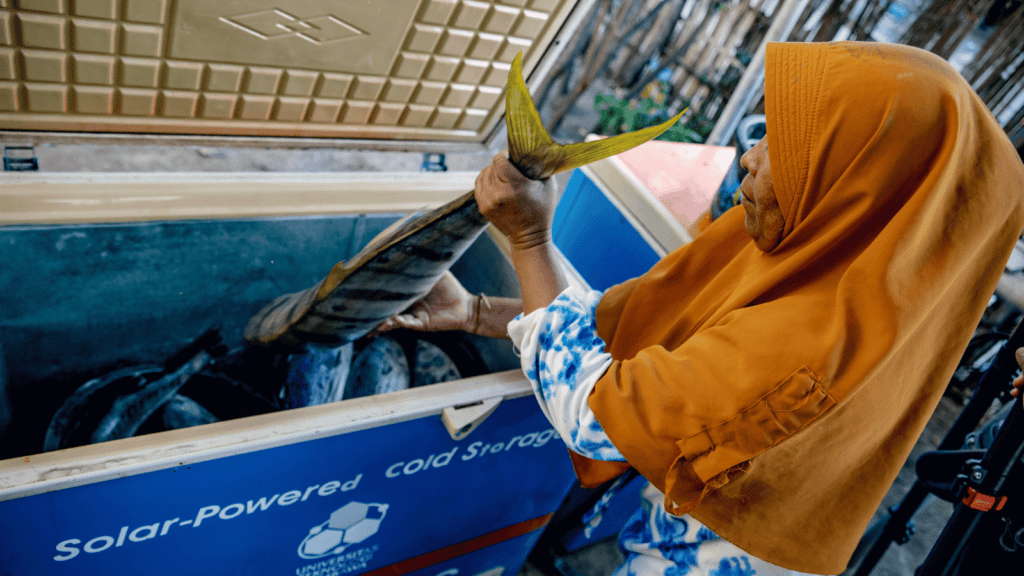RELEVANT SUSTAINABLE GOALS


Climate innovation #1: Swap Energi
We believe that energy has to be sustainable while fossil energy is limited. Because of that, we develop an electric motorbike since the population of motorcyclists in Indonesia is higher than bicycles and cars. With the help of New Energy Nexus Indonesia, we are very hopeful we can outgrow an electric vehicle market as Indonesia is a very potential market
Irwan Tjahaja, CEO of SWAP Energi
Climate innovation #2: NOA Bike
In a place where micro-mobility is needed, we want our users to have easy access to environmentally-friendly vehicles. We are introducing it early with the hope the public could be more familiar with it. All bikes from NOA Bike are proven to be able to conquer high-elevation roads in Labuan Bajo. In collaboration with New Energy Nexus Indonesia, NOA Bike is now expanding its business operations to the electric bike ecosystem in Bali
Suharto Juma, CEO and co-founder of the NOA Bike
Climate innovation #3: Olat Maras Power
We would like to drive a green economy by providing cold storage that uses three sources of power; solar panels, batteries, and from the state electricity company. Olat Maras Power may be a small startup, but our dream for Indonesia is big
Nova Aryanto, CEO of Olat Maras Power
You may also be interested in :
Solar Water Pumping For Sustainable Water Supply : 5 Things You Should Know


